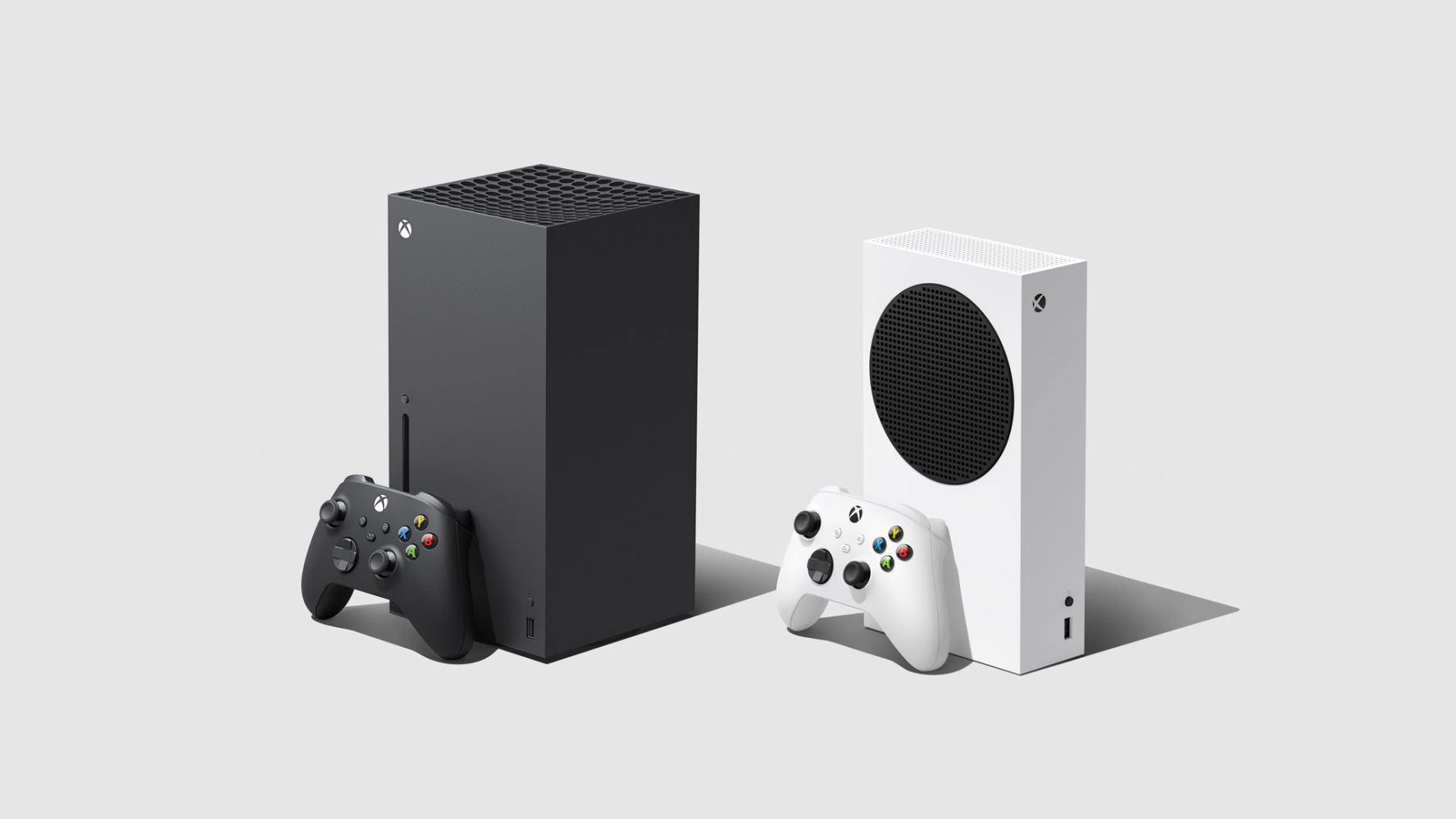This particular topic has stirred up quite the storm around the world, and the wound opened up around the dealings with loot boxes. Loot boxes are mostly a type of in-game purchase that can be found in most online games, and they contain cosmetic appearances.
One of the first companies to launch this and find colossal success is Electronic Arts (E.A.), as they pushed out ‘FIFA Packs’ for their hugely popular FIFA series. These packs have a too random chance at containing thousands of different variations of cards, so some players could sink a lot of money into it. Now the big question that looms over this current subject is “are loot boxes a form of gambling”, and many believe the answer is yes.
These loot boxes are wholly randomized and can alter your gameplay in often dramatic ways. This either forces the games player base to buy these packs to try and compete with each other to level the playing field or pushes players away from the game. The worrying part is that the proportion of children that play online games is staggering. The majority of these children will have a parent’s card linked to the account to pay for their live subscriptions, meaning they can often freely make in-game purchases.
However, this doesn’t just occur with online gaming, and it actually exists in online gambling, from Poker to Slots, there’s always something to draw in the player. However, not all online gambling websites are taking advantage of their loyal players, and new players are often deterred by these microtransactions.
Should Loot Boxes Be Banned?
There’s a lot of different opinions surrounding this topic, and many think these microtransactions should be banned. The microtransaction industry is worth £billions, and it’s not slowing down anytime soon. As I mentioned earlier in the article, more children are gaming than ever before, especially with games like Fortnite being released. This game releases widespread content, and these come in the forms of ‘skins’, which change the appearance of your character, and every child wants the latest one.
Games like Fortnite are specifically designed with this in mind because children are the first to make these types of transaction, as it’s often without consequence. This gets under people’s skins and creates a very toxic opinion from the parental audience, which has meant court action for some companies in the past.
Individual representatives have even referred to these loot boxes as a method of “predatory gaming,” and they’re working on specifics legislation to ban people of a certain age from purchasing them (minors). These representatives also say that these companies specifically design these loot boxes in this way, to “exploit human psychology” in a similar way to casino games.
How Does this Impact Games?
Gaming providers that use these microtransactions in their games, usually don’t create toxic gaming communities providing they don’t impact player performance, as it makes a ‘pay to win’ effect. When these pay to win microtransactions are prominent in certain games, the community quickly crumbles, and player numbers actually diminish rather quickly.
This is especially true in the FIFA line-up and pretty much any sports-related game E.A. have released in the past few years. Neverwinter is another prime example of this type of toxicity. This game is advertised as a “Free to Play MMO”, and it’s relatively fun to start out. However, when you’re pushing into the more end-game content, you quickly become out-matched by players who’ve spent £1000’s on microtransactions.
These types of games often release a specific in-game currency, that can only be obtained through online purchases, or committing many hours/days to receive the smallest amount. The best example of this is Warframe (another Free to Play MMO), and this company has ‘Platinum’ as a premium in-game currency that can be used to directly purchase some of the best characters.
Legalities
Companies like E.A. have vast amounts of money behind them, which helps to sway their favour the right way. However, other legislation in Belgium and Hawaii continue to persist in order to regulate or ban loot boxes. This class action litigation obviously poses a considerable threat and point of exposure for these giant game manufacturers.
There is potential for them to recover millions of pounds in fee awards, and this award and incentivises class action plaintiffs’ bar that is set to seek out and file individual claims against the challengeable practices that have impacted consumers. However, no matter what legislation and regulations are passed in the near future, these companies will automatically be granted ‘time to comply’, which in most cases will be extended (Dependent on business size).
